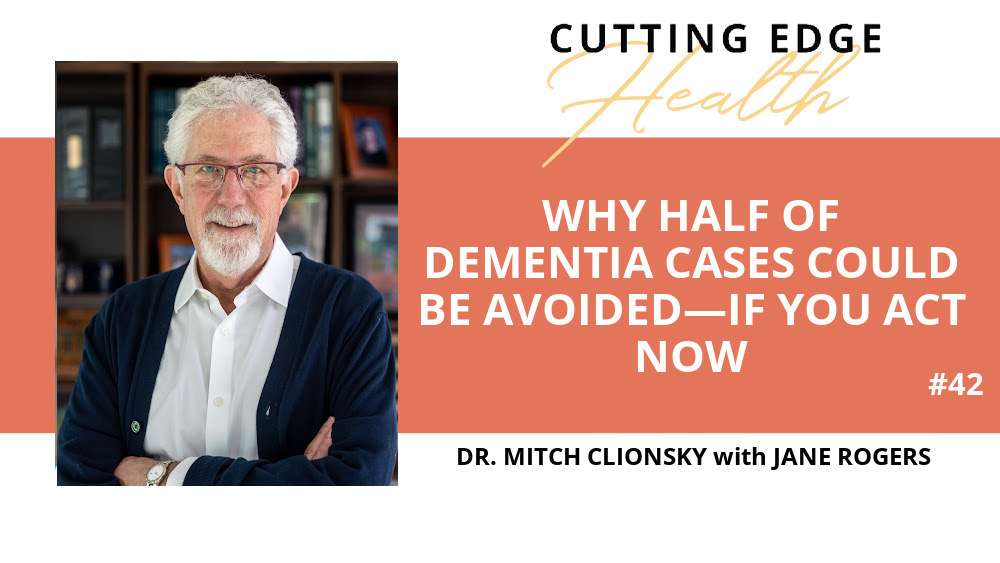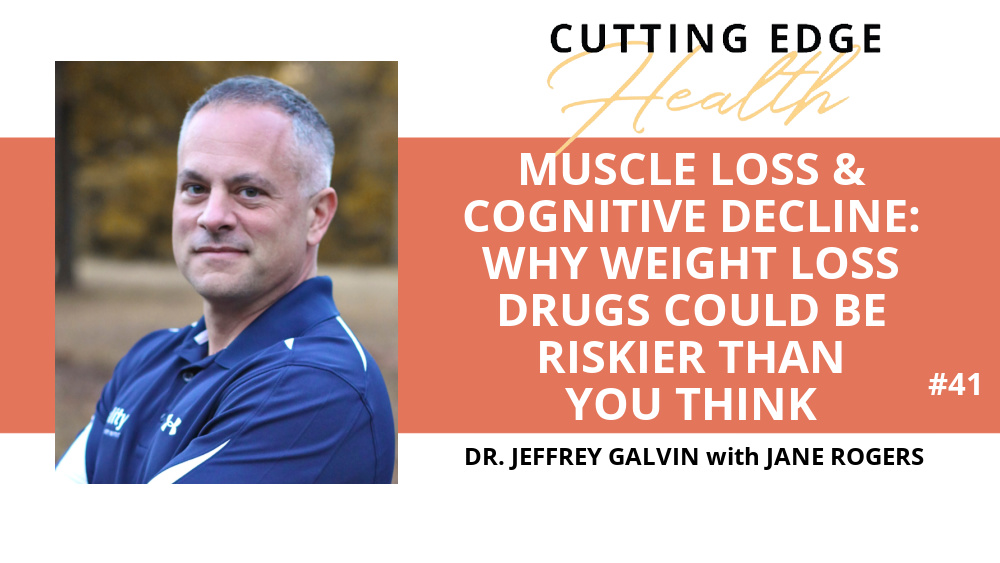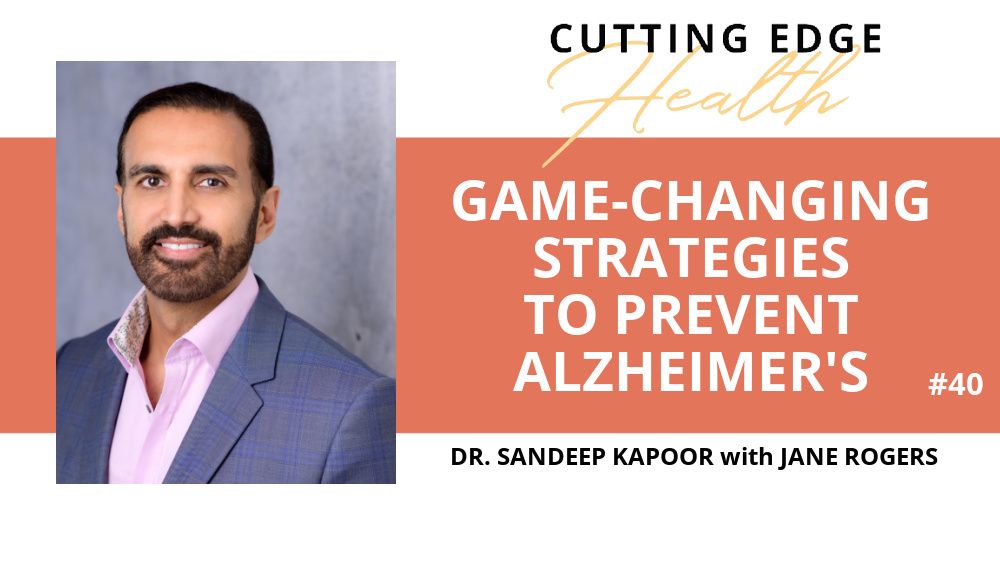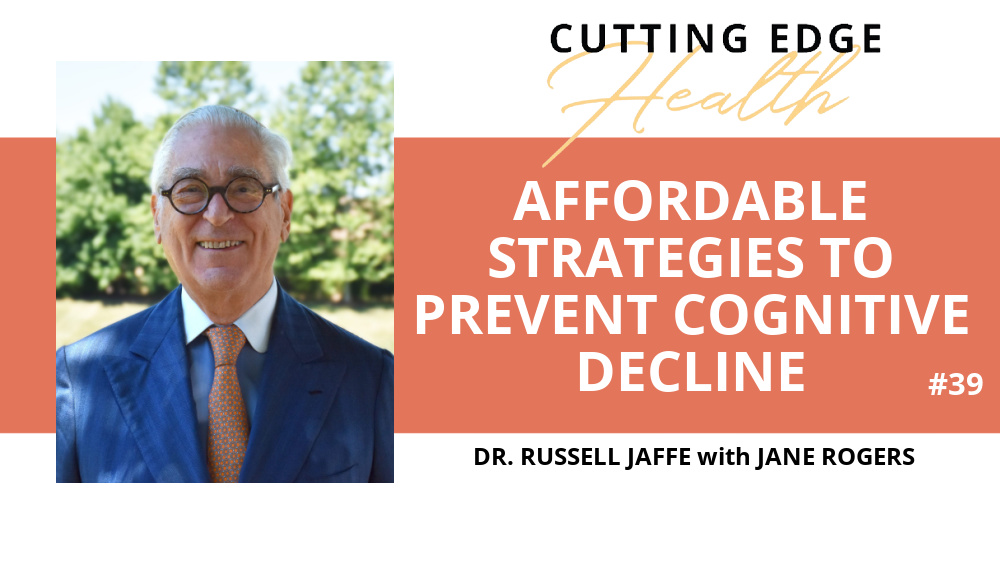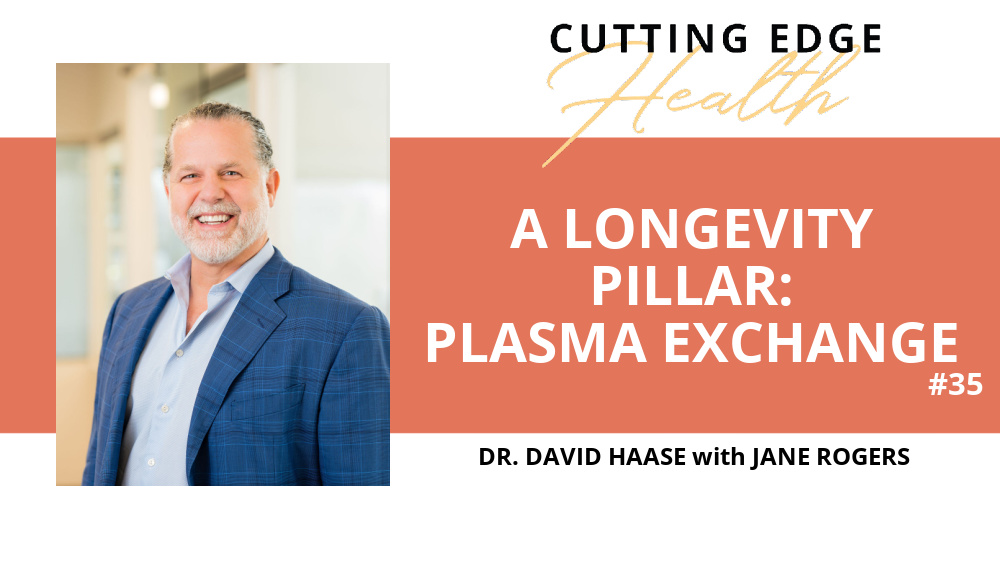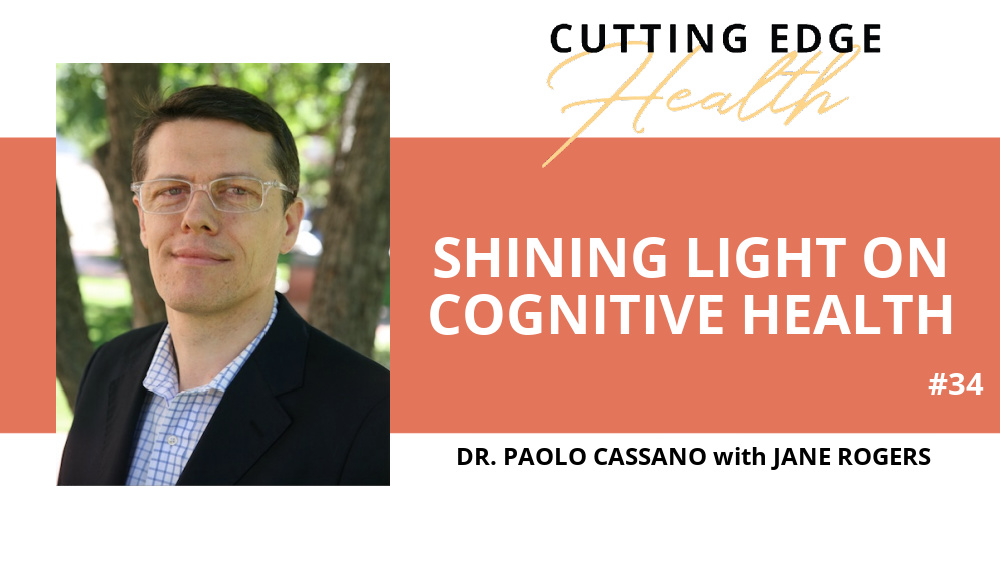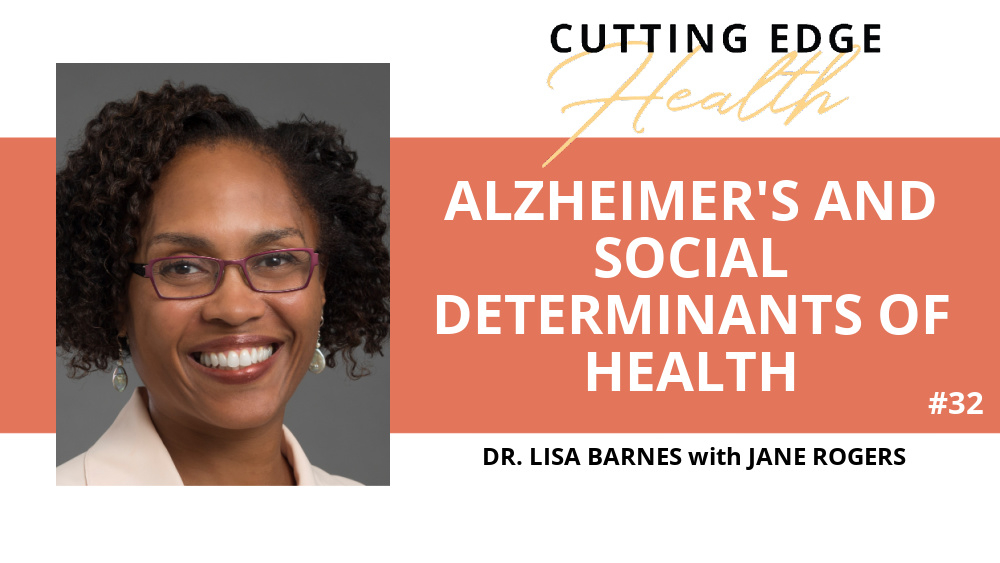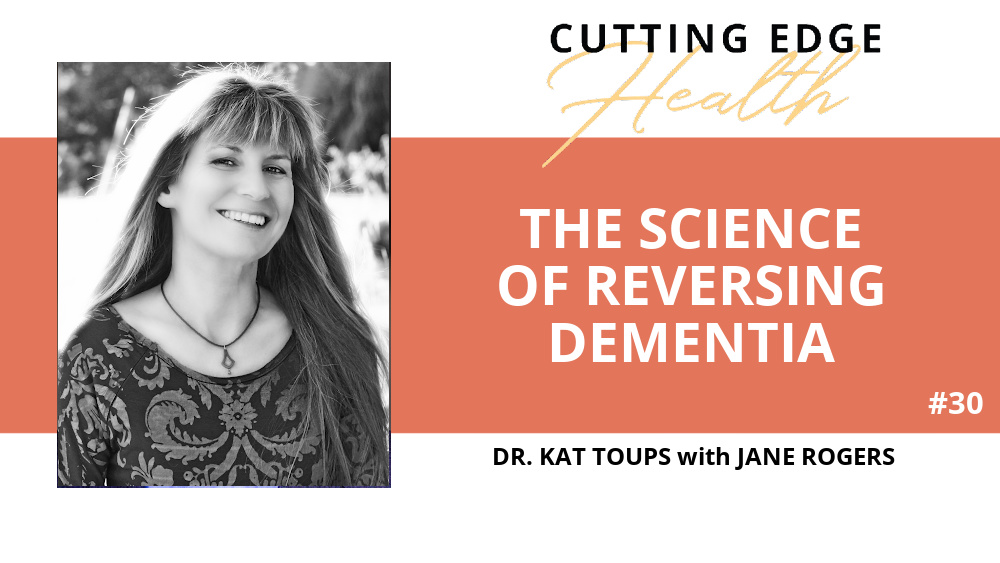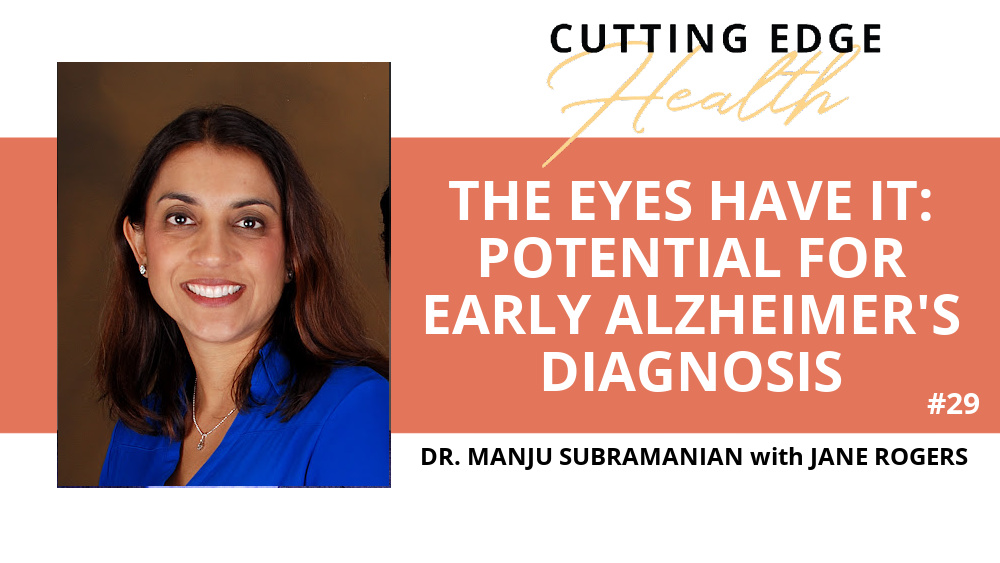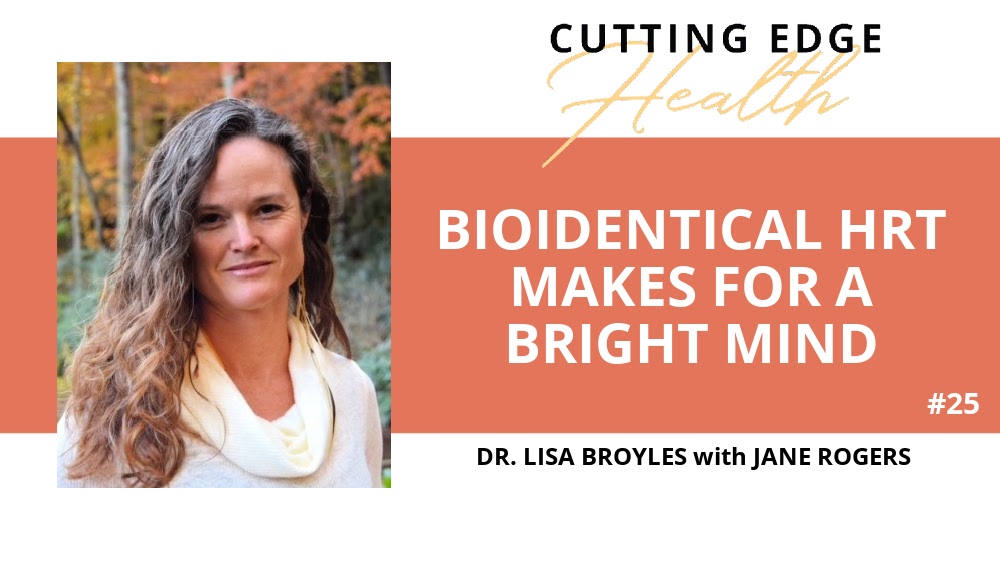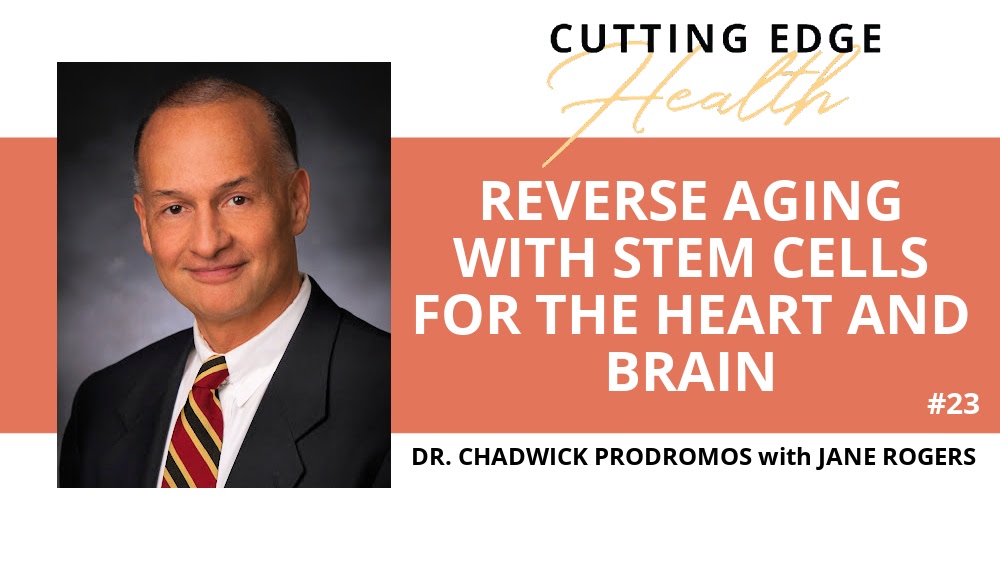EPISODE #10
Pet Dogs Are Living Longer, Healthier Lives With An Anti-Aging Drug Called Rapamycin.
Dr. Matt Kaeberlein
with Jane Rogers
The Dog Aging Project finds Rapamycin slows aging and prevents age-related disease. Are you one of the humans ready to give it a go?
If you only have 3 minutes...
What you'll learn in this podcast....
As a postdoctoral student, Matt Kaeberlein, PhD was searching for genes that affected lifespan and by luck and accident discovered that lifespan could be extended by suppressing the gene mTOR.The gene exists in every organism except bacteria. Between 2004 and 2006 several researchers published studies that showed that inhibiting mTOR in various animals increased their lifespan and slowed aging. Dr. Kaeberlein was one of the first scientists to research the role of rapamycin as an effective inhibitor of mTOR.
Rapamycin is a small molecule produced by a bacteria that was discovered in soil on Easter Island. By suppressing the mTOR gene, rapamycin was found to be effective in inhibiting cell division. Originally studied as an antifungal and anti-cancer agent, Rapamycin was approved by the FDA for human use to prevent organ transplant rejection.
MTOR’s essential role in natural selection is to signal cell division when it determines that the environment is supportive of reproduction. However, by continuing after reproduction, high levels of these signals lead to functional declines and aging. But when mTOR is blocked, these declines are delayed and lifespan is increased. There are several pharmacological agents that inhibit mTOR, but Rapamycin appears to be the most effective. In tests on a variety of organisms from yeast to mammals, Rapamycin has been shown to delay and even reverse cellular decline and thereby increase healthspan and lifespan. Dr. Kaeberlein is currently conducting a clinical trial at the University of Washington with companion dogs called TRIAD, “Test of Rapamycin in Aging Dogs.” Initial results are confirming that Rapamycin can slow aging in dogs.
About Dr. Matt Kaeberlein
Matt Kaeberlein, PhD has been a leading expert on the burgeoning field of the science of aging. His research focuses on the basic mechanisms of aging in order to facilitate interventions that promote healthspan and improve quality of life. A Fellow of the American Association for the Advancement of Science, the American Aging Association, and the Gerontological Society of America, Dr. Kaeberlein is currently a Professor of Pathology, Adjunct Professor of Genome Sciences, and Adjunct Professor of Oral Health Sciences at the University of Washington, He has published nearly 200 papers in top scientific journals and has been recognized by numerous prestigious awards. Dr.Kaeberlein is a past President of the American Aging Association and is currently the Chair of the Biological Sciences Section of the Gerontological Society of America. Dr. Kaeberlein’s scientific discoveries have generated
substantial public interest, with featured stories in major media outlets including the front page of the New York Times, the Today Show, CNN, the UK Telegraph, Popular Science, Time Magazine, Scientific American, NPR, USA Today, National Geographic, and many others. He is the founder and co-Director of the Dog Aging Project, which will be discussed in today’s podcast.
- Never miss an episode! Subscribe and follow on your favorite distribution channel.
- Feedback and questions to hello@cuttingedgehealth.com
- Ask your question directly to the doc
- Our team would be honored and grateful, if you could leave a 5-star rating on Apple Podcasts.






